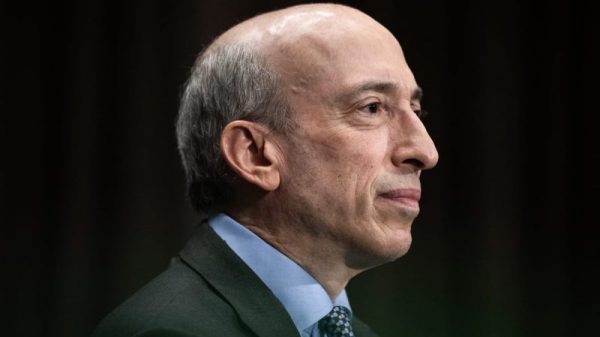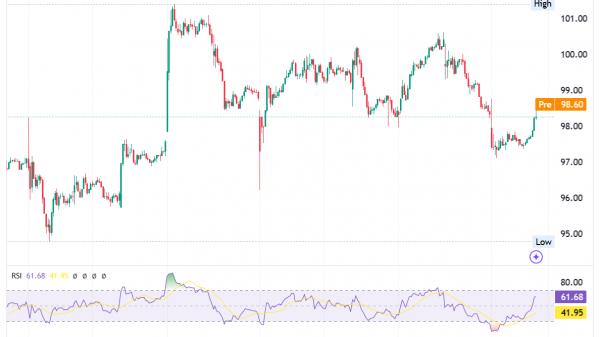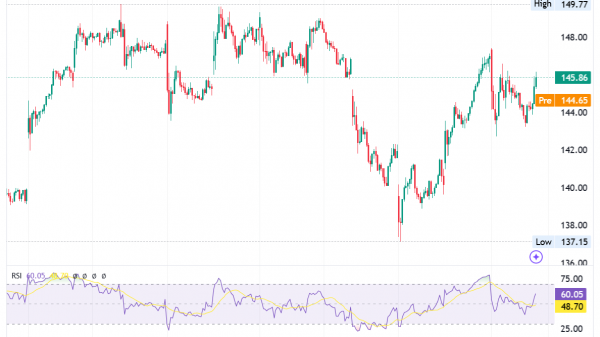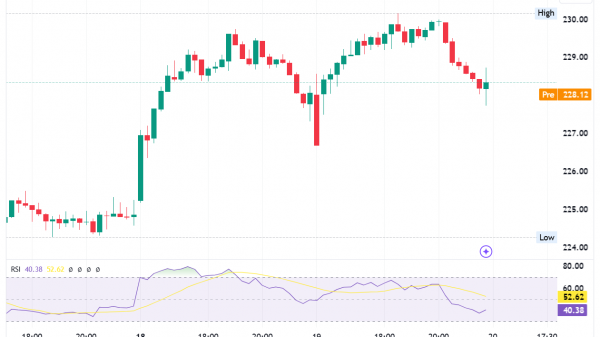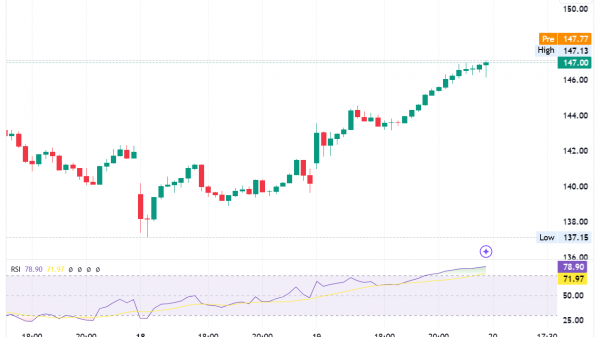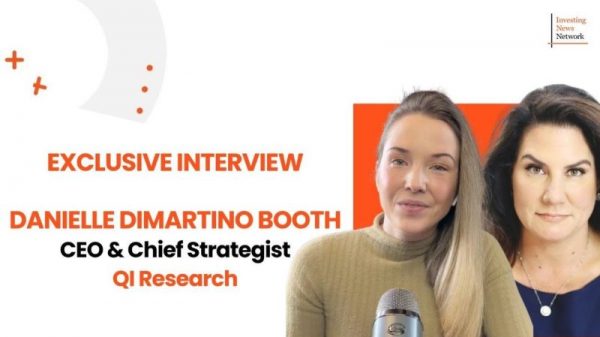Trading Allowance: Income Tax Rates and Personal Allowances
The trading income allowance, is a tax exemption worth up to £1,000 a year. It can benefit self-employed individuals and those who make a small income. Let’s see in detail who needs to claim allowance, whether it is mandatory and how to do it.
Personal allowance explained
The trading allowance is a tax-free benefit. It covers income from casual services. Examples include babysitting or selling handmade crafts.
This could reduce your taxable income if you’re a sole trader. But it’s not for limited companies or partnerships.
For instance, in the 2022/23 tax year, it’s £1,000. Earn below this? No need to declare. Earn above? Deduct the allowance from earnings.
Personal allowance
The personal allowance is a separate beast. It’s the yearly tax-free income amount. For 2022/23, it stands at £12,570.
Got both trade and property income? The combined tax-free amount remains £1,000. You can’t claim £1,000 for each.
When Can’t You Claim? Two scenarios to note. When using the Rent-a-Room scheme, steer clear. Also, avoid claiming other allowances.
How to Claim Allowance? Complete a Self-Assessment tax return. Add the “Trading Allowance” section. It’s straightforward, no sweat.
The trading allowance is a gem. It simplifies taxes for small earnings. Understand its nuances for maximum benefit. Here Are the answers to some most common questions.
Earning Below £1,000?
Good news. No need to register for self-assessment. Gross trading income under £1,000 means no tax return.
Earning Above £1,000?
If you earn more than 1000 pounds, complete a tax return. Remember to claim the trading allowance. It can offset your taxable profit. Complete a self-assessment to claim the trading allowance. File a tax return annually. Declare income to HMRC accurately.
Linking to Personal Allowance
Your employed income combines with other incomes. This affects tax-free personal allowances. Remember, personal allowance is separate.
Claiming Business Expenses
You can’t claim tax on business expenses and trading allowance. Choose wisely between full relief or trading allowance.
What if you are not covered by the trading allowance? Some incomes aren’t covered. Regarding tax Relief and Benefits, use the allowance for tax relief. Ensure your business expenses don’t surpass the threshold.
Is there a reason for not claiming the trading allowance?
At first glance, using the allowance seems like a straightforward choice. However, in specific situations, it might not be in your best interest. These situations include:
If your business expenses exceed £1,000, deducting these expenses from your trading income can result in a lower taxable profit compared to using the trading allowance, leading to less tax paid.
If you experience a trading loss, meaning your expenses surpass your income, it’s more advantageous to fill out a self-assessment tax return and claim the losses. The allowance can’t be applied to create a loss.
If you have multiple trading businesses or various forms of casual income, ensure your combined expenses are below £1,000. If not, you might end up owing more in taxes (refer to the examples provided for Boris and Jay).
How does the trading allowance work with tax credits and universal credit?
When you claim tax credits, calculate your tax credits using your income after deducting the trading allowance.
This is because the income information you give to HMRC for your tax credits generally matches the data you provide in your Self-assessment tax return.
If your trading income is below £1,000 and you don’t register it with HMRC, you also don’t need to inform the HMRC tax credits team. However, Universal Credit (UC) has different rules.
You can’t subtract the trading allowance when reporting your income to the Department for Work & Pensions (DWP). As a result, the income you report for UC calculations is higher than for your tax since UC calculations don’t consider the trading allowance.
The post Trading Allowance: Income Tax Rates and Personal Allowances appeared first on FinanceBrokerage.








